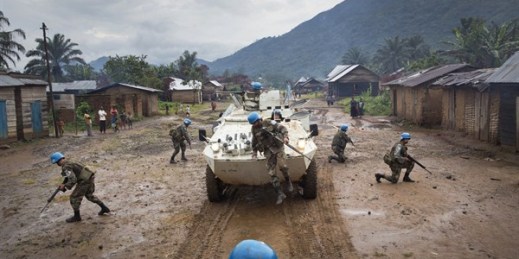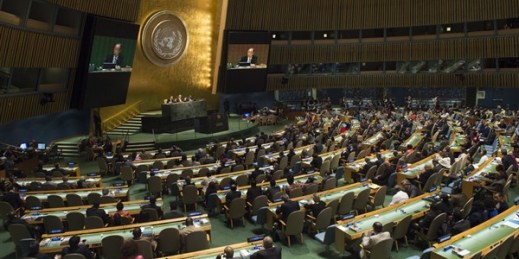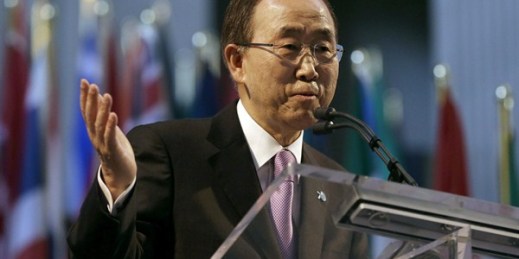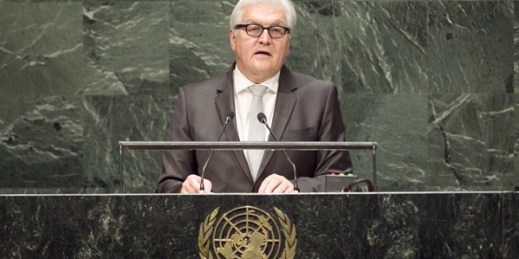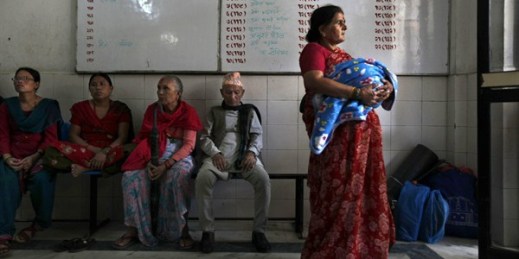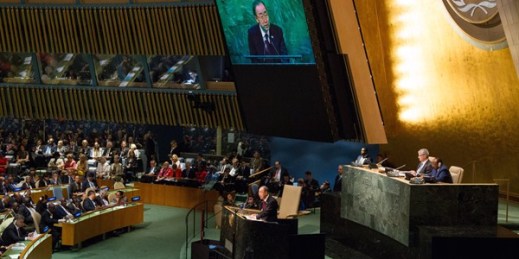
As world leaders begin the annual marathon that is the United Nations General Assembly opening session for the 70th time, expect the rhetoric to be both sober and soaring. The institution is caught between honest assessments of its shortcomings and grandiose pronouncements of its future goals that will inspire some and irritate others. At the risk of simplification, one can evaluate the U.N.’s track record over its seven decades in three distinct areas: war and peace, norm-setting on complex transnational issues and responses to humanitarian, environmental and moral crises. On the question of war and peace, the verdict has to […]

